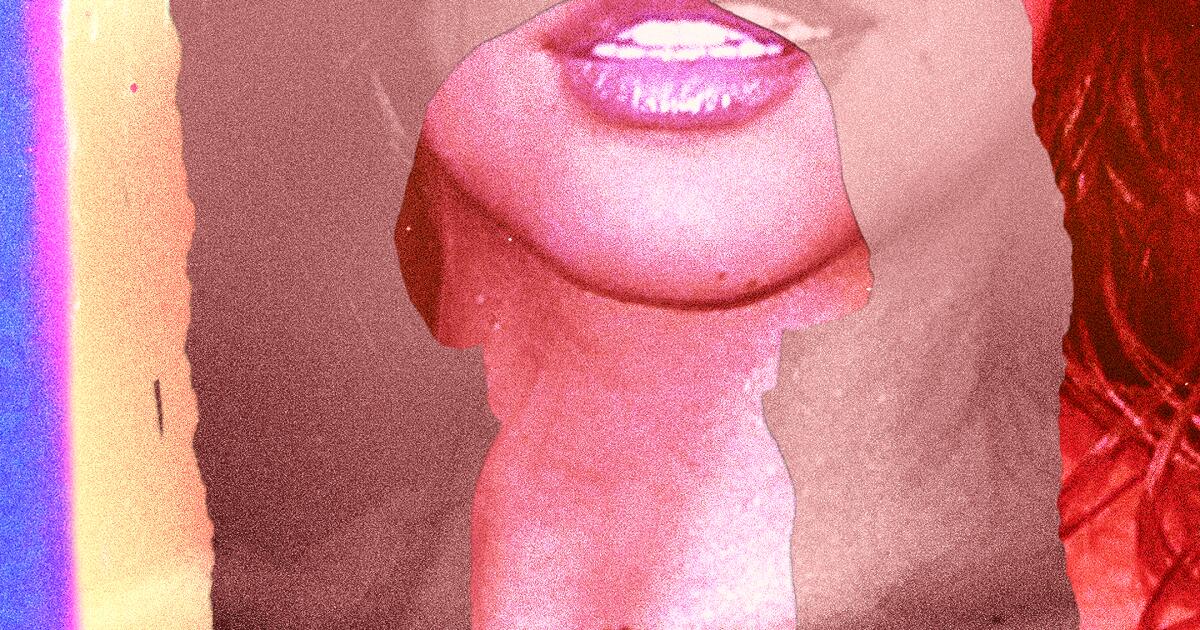UPDATE: Venezuelan model and influencer Isabella Ladera has filed a lawsuit against her former boyfriend, Colombian singer Brandon De Jesus Lopez Orozco, known as Beéle, after a private sex video was leaked online. The lawsuit, filed in Miami-Dade County Circuit Court on September 15, 2025, alleges serious charges including invasion of privacy and sexual cyberharassment under Florida Statute §784.049.
This case has sparked immense public interest, highlighting critical issues surrounding consent and privacy in the digital age. Ladera claims she is a victim of emotional distress and negligence, accusing Beéle of failing to delete intimate videos despite her requests. “No one should take advantage of another’s vulnerability to make money or create content,” Ladera stated, emphasizing the gravity of the situation.
The couple’s relationship began in December 2023 after connecting on Instagram, leading them to record intimate videos. Ladera insists she deleted her copies and urged Beéle to do the same, but he allegedly refused. This negligence escalated into a public disaster when screenshots of their private content began circulating in June 2025, culminating in a video leak confirmed on September 7 that gained traction via WhatsApp and social media platforms like X.
The emotional toll on Ladera has been significant, exposing her to public humiliation and reputational damage. Celebrity sex tape scandals are not new, but this case shines a light on the urgent need for better legal protections against such violations. The Take It Down Act, signed into law by President Trump in May, aims to criminalize the non-consensual publication of intimate images, a step towards safeguarding victims like Ladera.
Legal experts note that while Florida has some protections under the law, they can be narrower compared to states like California, which offers more robust civil remedies. Roxanne Rimonte, a legal expert from C.A. Goldberg, pointed out that California’s laws allow victims to pursue both civil and criminal actions, making it easier to seek justice. She stated, “Victims deserve a legal system that doesn’t re-traumatize them while seeking justice.”
Beéle has denied any involvement in sharing the video, claiming he is also a victim of this violation. His legal team has announced actions in both Colombia and the United States to identify those responsible for disseminating the content. He has made a public plea through his Instagram account, urging the media and the public to refrain from sharing the leaked material.
As this situation develops, it underscores the increasing tension between personal privacy rights and the pervasive nature of social media. Ladera’s lawsuit not only seeks justice for herself but aims to raise awareness about the broader epidemic of digital exploitation. Her legal team highlighted that countless individuals face similar violations, regardless of their status as public figures.
This case is poised to set a significant precedent in the ongoing fight against nonconsensual content sharing. “Let it be absolutely clear,” said lead attorney Pierre Hachar, Jr., “that any past, present, or future acts of this nature will be met with the same unwavering resolve and addressed to the fullest extent of the law.”
As the legal battle unfolds, observers are closely watching the implications for privacy rights in the digital age. The outcome could determine how laws evolve to protect victims from such invasive acts and hold offenders accountable. Stay tuned for further developments in this urgent and critical case.
